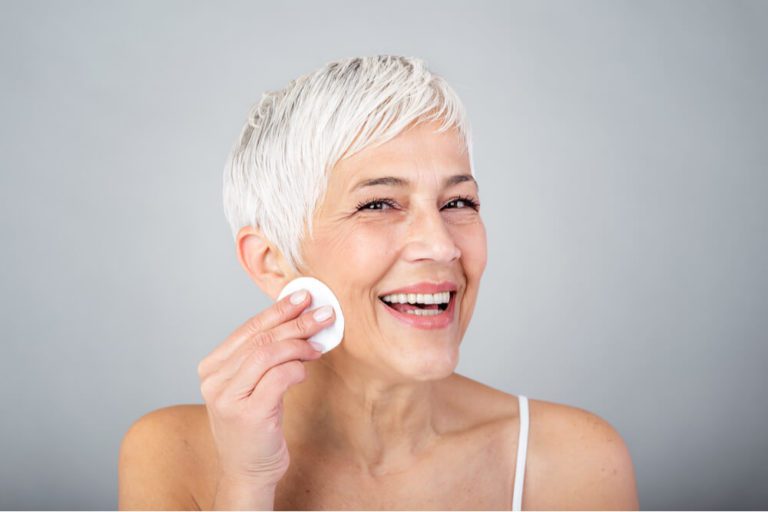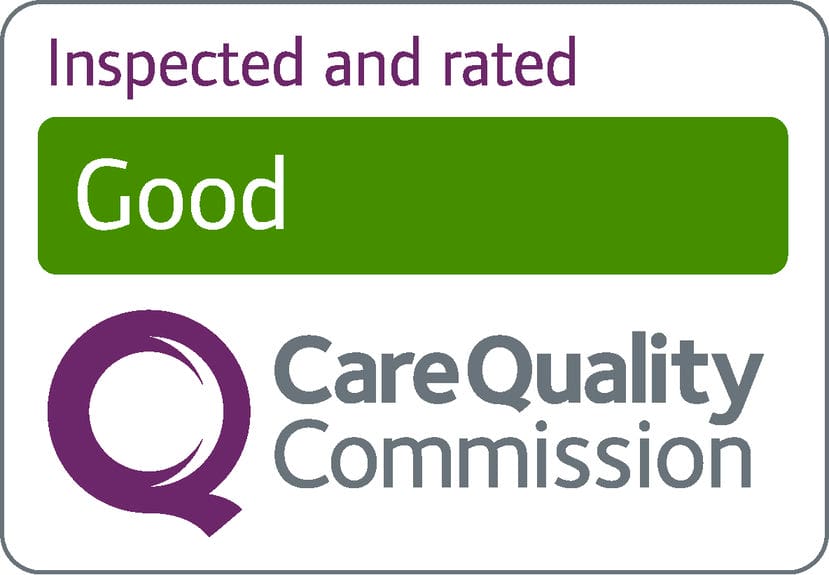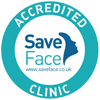Water plays a hugely important role in keeping your skin looking fresh and healthy. However, did you know that even though your skin is the largest organ of the body, your body prioritises other organs over and above it? This is because the brain, heart, liver, kidneys and lungs are the body’s five vital organs and are central to survival, which means that if you’re not properly hydrated, your skin will be the first to suffer and will dehydrate. There’s lots of advice available on how to rehydrate skin, ranging from natural methods to topical treatments applied to the skin to non-surgical therapies that we carry out in our St. Albans skin clinic.
Hydrate the skin naturally
Before looking at other methods, it’s worth doing all you can to nourish your skin from within. Firstly, ensure that you drink plenty of water and eat a diet rich in Vitamin E including nuts and avocados and healthy Omega-3 fats which can be found in fatty fish such as salmon and sardines. During the winter months at home, you can try using a humidifier to keep moisture in the air while the central heating is blasting out. You should also try to avoid washing and showering your face with hot water as this can strip the moisture from the skin and leave it dry and taut. One of the ways you can tell that your skin is dehydrated is if it feels ‘tight’ after washing.
Topical products
Applying a moisturiser provides a barrier which sits on the skin and prevents moisture escaping. It doesn’t have to be a specialist moisturiser in order to be effective, in fact, an SPF cream will be just as effective and further protect the skin from sun damage. There are many home products that will help to keep the surface of the skin moisturised and hydrated in the deeper skin levels such as the products in our own unique skin-care brand Skin to Love. There are also other premium products available from our clinics, such as Medik8, Swisscode and Teoxane Cosmeceuticals which contain active ingredients specially formulated to help skin cell renewal to repair and rejuvenate the skin. To quickly and effectively hydrate and look after your skin, look for a hyaluronic acid serum to be followed by an SPF 30+ that’s designed for facial skin (we love Revision SkinCare Intellishade) to lock in the hydration and moisturise and protect the upper layers of skin.
For alternative natural remedies, moisturising creams containing Vitamin E are effective as topical treatments for dry skin (but do be cautious with this topical vitamin if you are acne-prone). Vitamin E can also be taken as a supplement for extra results. Aloe Vera, when applied topically can help to soothe and restore skin because it contains hyaluronic acid, one of the skin’s natural components which promotes skin cell renewal to give younger-looking skin.
In-clinic treatments
Over-dry skin can have an impact on the body which is likely to then begin to show accelerated signs of ageing such as fine lines and wrinkles. A range of specialist treatments is available in our clinic which can target these concerns to soften the features and give a smoother, tighter skin as well as treatments to deeply rehydrate your skin. The short downtime of Mesotherapy means that this is a popular treatment with people who want quickly visible results with little discomfort. The procedure involves injecting hyaluronic acid into the skin to improve hydration, elasticity and improve appearance. The Byonik laser is a needle-free advanced treatment that hydrates the skin cells from within (not just coating the outside of the cell) using a combination of superior antioxidants and potent hyaluronic acid, the all-important skin-plumping and hydrating ingredient key to youthful-looking skin which depletes in the body as we age. Profhilo offers a new approach to rejuvenating your skin tone and treating skin laxity by triggering a ‘bio-remodelling’ response; a revolutionary new category of anti-ageing injectable treatments that shouldn’t be confused with dermal filler treatment, skin boosters or mesotherapy.
How do you keep your skin hydrated?
Disclaimer: This blog is not to be used for diagnostic purposes. We are all unique which means that our results, recovery and suitability for any type of treatment will vary. Always seek the advice of a professional should you have any health or cosmetic concerns or to discuss treatments specifically for you.





